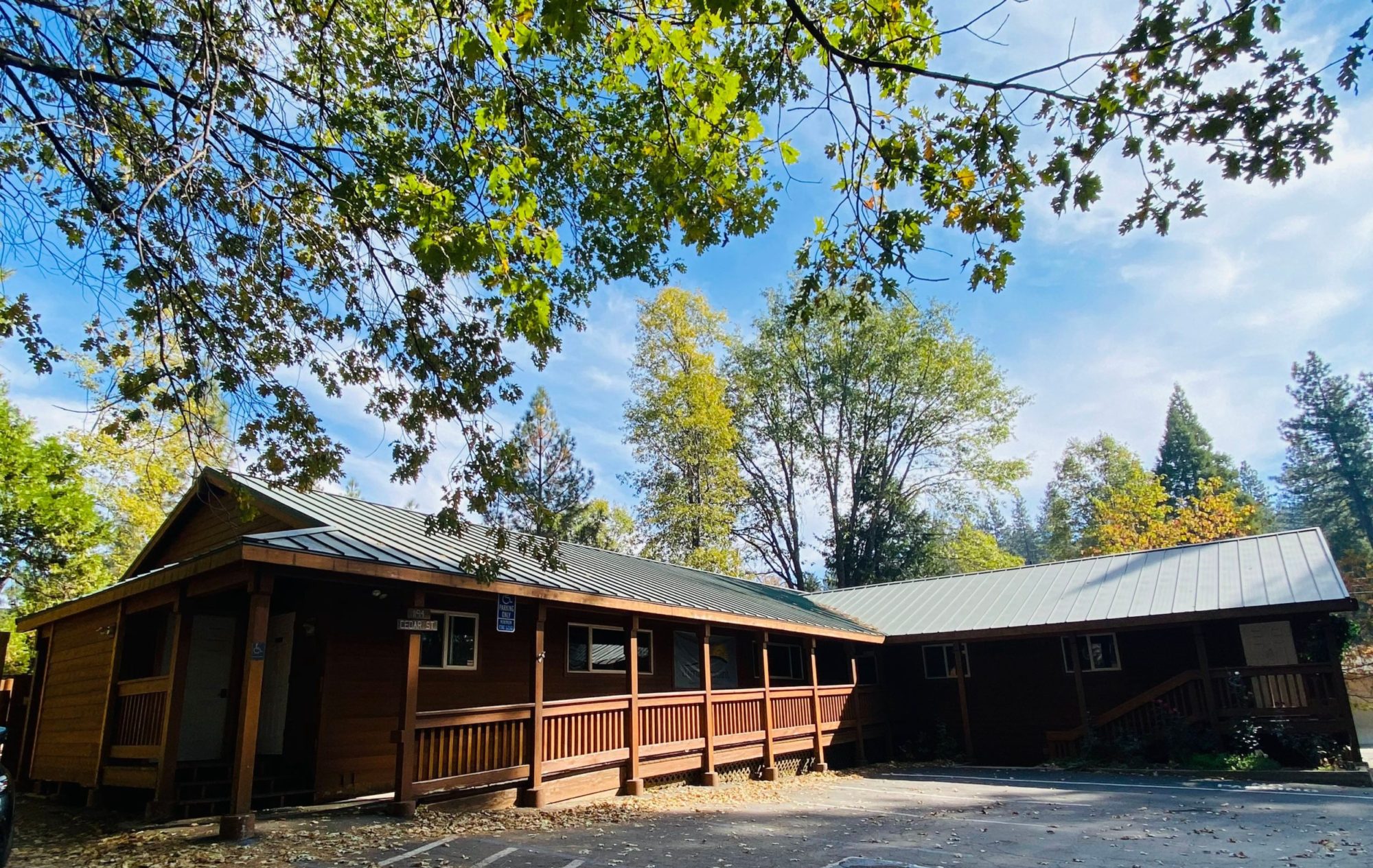 Throughout recovery—especially during those early stages—it’s vital to learn how to recognize your relapse triggers. Doing so will help you counter cravings and temptations to return to old habits, better protecting your hard-earned sobriety. Here is a brief look at how you can identify your own triggers in recovery.
Throughout recovery—especially during those early stages—it’s vital to learn how to recognize your relapse triggers. Doing so will help you counter cravings and temptations to return to old habits, better protecting your hard-earned sobriety. Here is a brief look at how you can identify your own triggers in recovery.
Know about the most common triggers.
First, you must know what the most common triggers for relapse are. The triggers that most often tempt those in recovery to return to old habits include:
- Physical feelings of craving (shakiness, stomach pains, etc.)
- Negative emotions, such as sadness, anger, or guilt
- HALT: being hungry, angry, lonely, or tired
- Stress caused by job loss, a new job, loss of a loved one, etc.
- Mental or physical illness
- Social isolation
- Social situations where drugs and using peers are present
- Exposure to the substance itself
- Relationships
- Dates that evoke strong negative memories
- Smells that evoke strong negative memories
- Romanticizing past substance use
- Over-confidence in your ability to stay sober
How many of these triggers do you see in your own life? Take an inventory of your day-to-day life to help you grasp just how many triggers you are exposed to on a daily basis. Then, take the steps necessary to reduce or eliminate your exposure to these triggers.
Think: environmental, social, or emotional?
It also helps to group relapse triggers into distinct categories of environmental, social, and emotional. Triggers are highly personal, and often a certain type of trigger will influence a person more strongly than other types of triggers. Environmental triggers have to do with places that bring back unpleasant memories or memories of past substance abuse—such as a childhood home, bar, or neighborhood. Social triggers have to do with people; think a phone call from a fellow user, spending time with a certain family member, or an encounter with a past romantic partner. Emotional triggers have to do with your emotions and underlying mental health and tend to be more complicated.
Reflect on your past addiction.
Reflecting on your past addiction can help you glean insight as to what might tempt you to use again in the future. What would you say contributed to the onset of your addiction? Did you incur a physical injury for which painkillers were prescribed, for example, and then begin a new job that introduced a great deal of stress into your life? Is your past addiction linked to individuals in your social circle, who may have encouraged you to start using in the first place? It may be a good idea to reflect on your past addiction with the help of a counselor or recovery coach, who can help you do so in a healthy manner.

